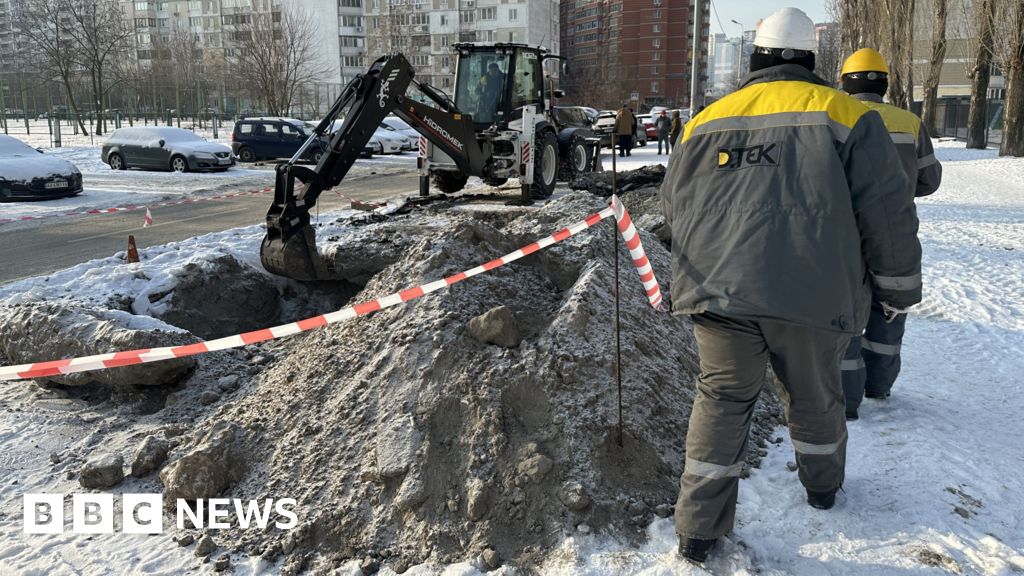With almost no mental healthcare available, Sudanese women in Chad form their own support networks.
Published On 26 Nov 2025
The brutality of Sudan’s war is spilling across the border into Chad, where women and children fleeing the violence are arriving with deep trauma and almost no access to psychological support.
Eastern Chad has become a refuge for tens of thousands escaping the conflict that erupted in 2023 and has since grown into the world’s largest humanitarian crisis.
Recommended Stories
list of 3 items- list 1 of 3RSF announces unilateral three-month ‘humanitarian truce’ in Sudan
- list 2 of 3Sudan’s RSF committing war crimes in Darfur, says Amnesty
- list 3 of 3US calls on Sudan’s warring parties to accept ceasefire plan unaltered
Millions have been uprooted, many of them carrying the physical and emotional scars of abuse, assault and the relentless terror of war.
Al Jazeera’s Ahmed Idris visited the Tulum refugee camp in eastern Chad, where a small group of Sudanese survivors has formed a support circle, one of the few spaces where victims can speak openly about what happened to them.
Basma and her sister are among them. Survivors of sexual violence, they are still trying to process the trauma of what happened two months ago as they attempted to flee el-Fasher.
They say militias allied with the paramilitary Rapid Support Forces (RSF) intercepted them and subjected them to days of torture.
“May God expose and punish them. God willing, we will have our day of reckoning. They held me and my sister for five days and tortured us,” Basma told Al Jazeera.
The RSF seized el-Fasher, the capital of North Darfur state, in late October after a campaign that witnesses and rights groups describe as marked by mass killings, kidnappings and widespread sexual violence.
The United Nations aid chief, Tom Fletcher, said the city had become a “crime scene”, while Amnesty International has accused RSF fighters of committing war crimes there.
The UN Human Rights Council has ordered an investigation into “atrocities” committed in el-Fasher, which had been under an 18-month siege when it fell to the RSF on October 26.
Breaking the silence
Others who escaped to Chad lost entire families in the chaos. Many still do not know whether their loved ones survived.
“Many members of my family are presumed dead. My uncles, my mother and children are all missing,” said Zaina Ibrahim, a Sudanese refugee.
With professional mental healthcare almost nonexistent, the women’s informal support group has become a lifeline.
Officials say there is only one psychiatrist in this part of Chad and a small number of psychologists working with humanitarian organisations, nowhere near enough for the hundreds of thousands displaced by the war.
The sessions are led by Fatimah Fadul, a longtime refugee and survivor herself. She works to break the cultural silence surrounding rape and abuse, urging women and girls to speak openly despite the stigma.
“As Sudanese, we face the stigma: mothers at home pressure the girl, telling her not to speak or to keep silent about the rape. We raise awareness and encourage our sisters and our mothers to speak up about rape in order to claim their rights. When you stay silent, you inflict internal psychological harm, leading to illnesses,” said Fadul, president of the victims’ support group.
She believes acknowledging trauma is essential, yet the need far outweighs the resources available. For every woman who finds even minimal support, hundreds more remain without help, counselling or any hope of justice.
For Basma, Zaina and countless others scattered across eastern Chad, survival now means confronting the memories of violence long after they escaped it.

 1 month ago
17
1 month ago
17











 English (US) ·
English (US) ·